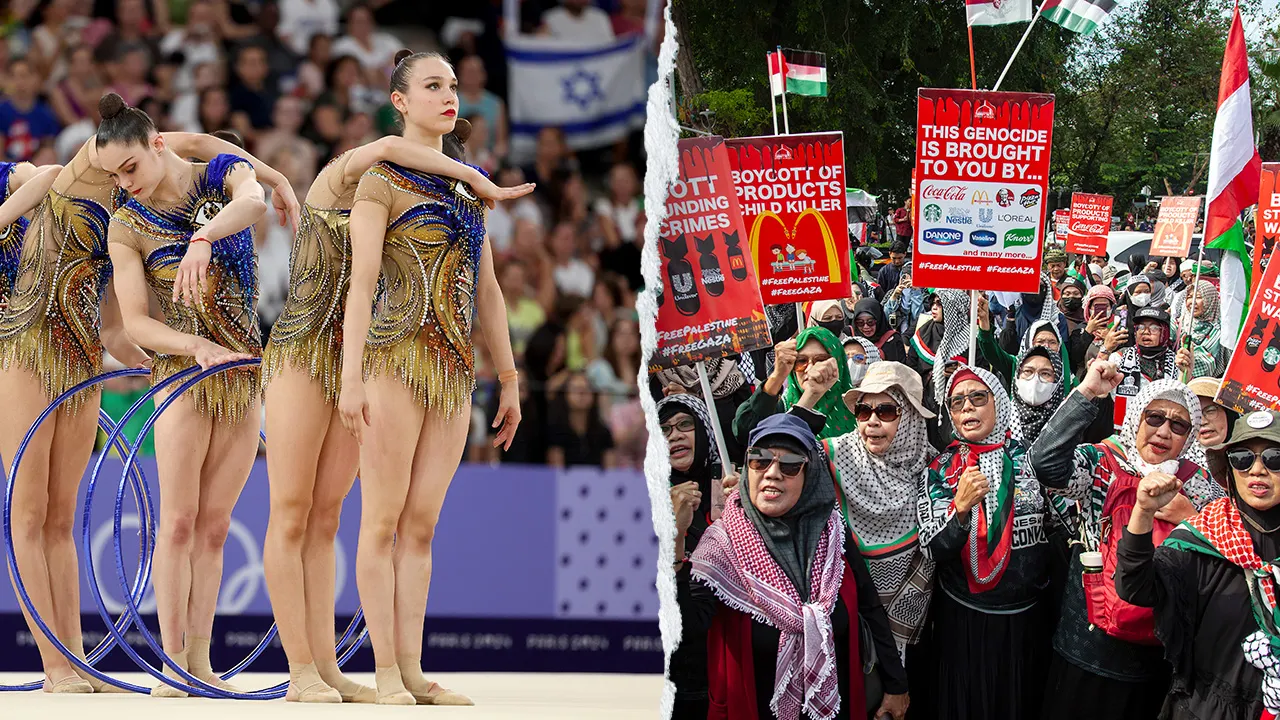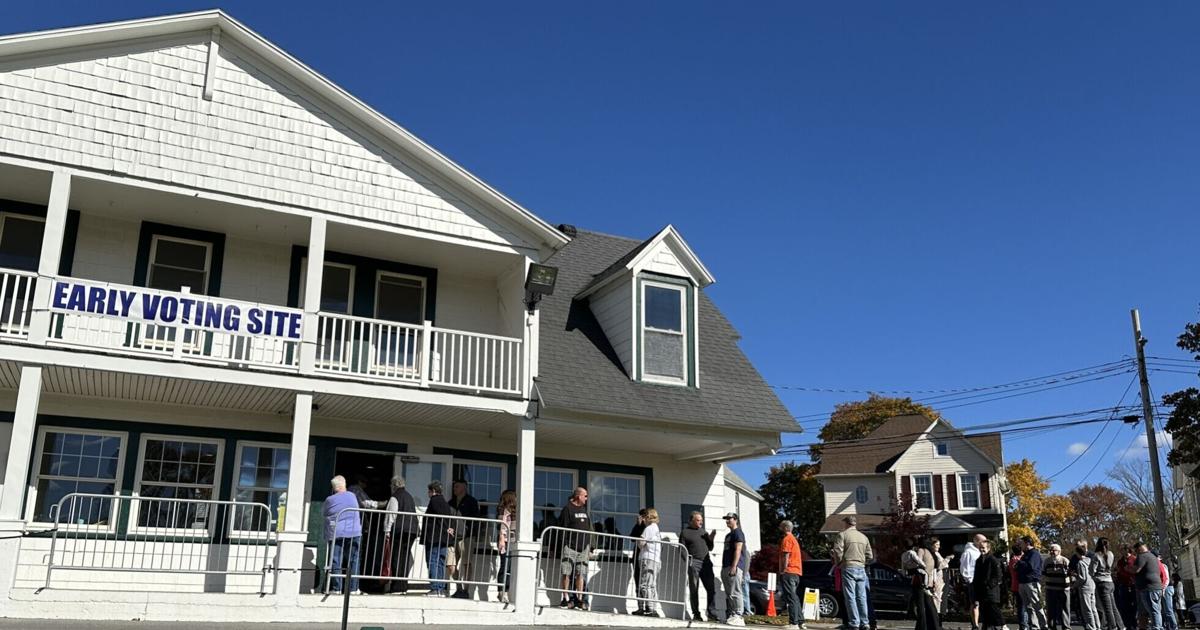Copyright timesofisrael

Jewish unity held this week—but our real test lies in the smaller battles ahead. Beneath Zohran Mamdani’s polished rhetoric lies something unmistakably darker: a politics steeped in antisemitism, however elegantly he dresses it up. His long-standing opposition to Zionism isn’t a matter of policy—it’s a matter of prejudice. It’s proof that opposition to the Jewish state too often shades into opposition to the Jewish people themselves. And by any honest standard, Mamdani fails Natan Sharansky’s “3 D’s” test for when criticism of Israel becomes antisemitism. But something deeper—and more dangerous—is at play. Mamdani has achieved two things that should set off alarms across the Jewish world. First, he has normalized the false idea that antizionism and antisemitism are distinct. Second, he’s shown that hostility toward Israel is no longer a liability in Democratic politics—it’s an asset. That should chill every Jewish voter. The Democratic Party, once the standard-bearer of moral clarity, now too often mistakes moral relativism for compassion. Its center of gravity is drifting toward a worldview where Israel is the villain and those who despise it are hailed as truth-tellers. And yet, Tuesday’s vote offered a reason to hope. Despite some vocal Jewish supporters, the Jewish community overall came together. Roughly two-thirds of Jewish voters rejected Mamdani outright. The vast majority of those who supported him did so despite his views on Israel, not because of them. Many more stayed home, disgusted by a race that felt rotten from the start—meaning the true margin of opposition was likely even higher. Still, we can’t ignore the political reality. Mamdani is a rare talent—charismatic, disciplined, relentless. He ran a flawless campaign and positioned himself as the ultimate anti-Trump in a city that loathes the President. And look at who stood against him: Curtis Sliwa, the perennial sideshow, and Andrew Cuomo, the disgraced former governor who resigned amid a sexual-harassment scandal yet somehow thought he deserved a comeback. The fact that Jewish voters still chose the scoundrel Cuomo over the progressive darling says something profound about where our moral instincts remain anchored in terms of the Jewish state. Rewind Mamdani’s rise, and the real story is one of inattention. His ascent didn’t start with this mayoral race—it began in 2020, when he won a New York Assembly seat by just 500 votes out of roughly 16,000 cast. Even then, he was loudly anti-Israel, openly sympathetic to pro-Palestinian causes. Yet almost no one noticed. A handful of determined voters could have stopped his career before it started. We didn’t act—and now we’re paying the price. The lesson is simple and urgent: local elections matter. The ideological battles that shape our future aren’t fought in Washington—they begin in school boards, city councils, and state assemblies, where extremism first takes root. So here we are. What’s next? Take pride in how the Jewish community came together. Keep a watchful eye on Mamdani, as the ADL and others have pledged to do. And most importantly, don’t underestimate his imitators. The next generation of “Mamdani minions” may one day pose an even greater threat. The good news is that they’re beatable—right now. The future isn’t written. What happens next depends on us: our vigilance, our unity, and our willingness to fight not just the big battles, but the small ones that decide everything.



